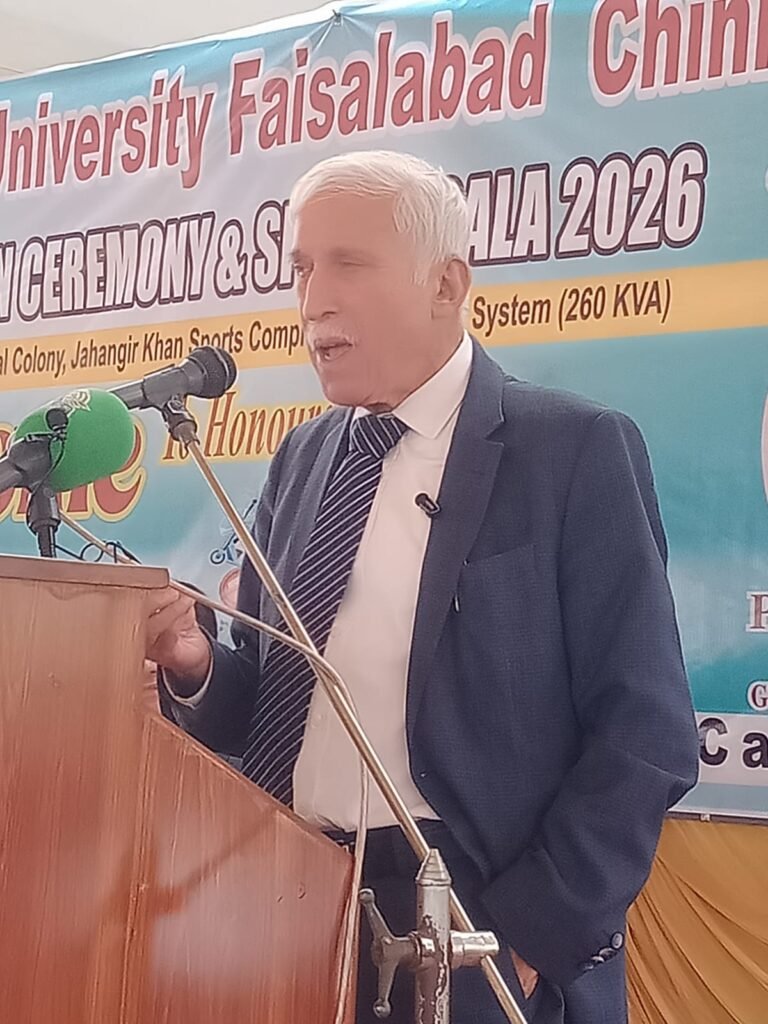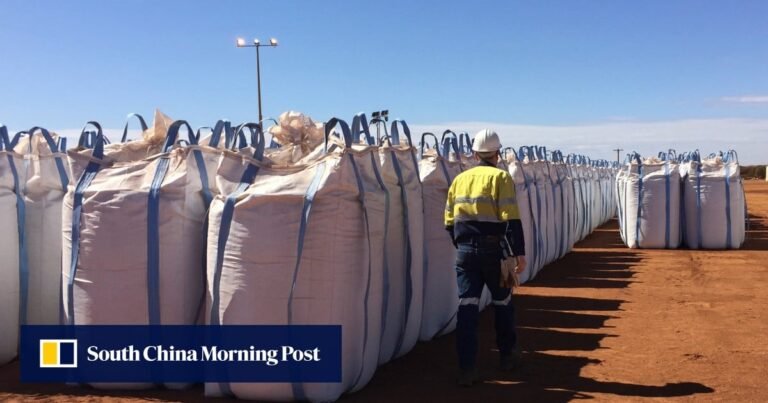UK Formally Recognises the State of Palestine in Historic Diplomatic Shift
London – In a landmark decision with far-reaching implications for Middle Eastern diplomacy, the United Kingdom has formally recognised the State of Palestine. The move, announced on 21 September 2025 by the Foreign, Commonwealth & Development Office and Foreign Secretary Yvette Cooper MP, was presented as an essential step to preserve the viability of a…
London – In a landmark decision with far-reaching implications for Middle Eastern diplomacy, the United Kingdom has formally recognised the State of Palestine. The move, announced on 21 September 2025 by the Foreign, Commonwealth & Development Office and Foreign Secretary Yvette Cooper MP, was presented as an essential step to preserve the viability of a two-state solution and to lay the foundations for lasting peace between Israelis and Palestinians. The announcement was coordinated with Canada and Australia, underscoring a growing international effort to press forward with a credible peace framework.
The decision comes amid an increasingly dire situation in Gaza, where months of violence have resulted in catastrophic humanitarian conditions. At the same time, Israel has continued to expand illegal settlements in the West Bank, while Hamas has refused to release hostages taken during the conflict. Against this backdrop, Prime Minister Keir Starmer declared that the UK could no longer credibly claim to support a two-state solution without recognising both states. He stressed that the recognition is firmly grounded in the inalienable right of the Palestinian people to self-determination, a commitment his government made in its manifesto.
The Prime Minister was explicit that this step should not be interpreted as a concession to Hamas, which he described as “a brutal terrorist organisation that wants to see Israel destroyed.” He reiterated that Hamas must release all hostages immediately and unconditionally, agree to disarm, and accept that it will play no role in the governance of Gaza. In parallel, he confirmed that the UK will continue to support Israel’s security but also pressed the Israeli government to change course by halting its offensive in Gaza, enabling humanitarian access, and stopping the expansion of illegal settlements in the West Bank.
Foreign Secretary Yvette Cooper echoed these sentiments, describing the recognition as a “historic decision, taken alongside some of our closest allies, to reaffirm our unwavering commitment to a two-state solution.” She emphasised that recognition alone cannot end the conflict, but it is an essential step in preserving the prospect of peace at a moment when it faces unprecedented threat. “Two states are the only way to safeguard long-term peace and security for both Israelis and Palestinians alike,” she said.
The government also made clear that while Palestine’s recognition is a significant symbolic and diplomatic milestone, it must be matched by reforms within the Palestinian Authority. President Mahmoud Abbas has pledged to conduct extensive reforms, including new elections within a year of a ceasefire. The UK will provide technical and financial support for this transition, with Sir Michael Barber appointed as UK Envoy for Palestinian Authority Governance to help enhance institutional capacity and governance.
At the same time, Downing Street confirmed that the UK intends to introduce new sanctions against senior Hamas figures in the coming weeks. These measures will accompany wider international initiatives to build consensus around a Framework for Peace, addressing governance, security, humanitarian access, and ceasefire monitoring in Gaza. The government described recognition of Palestine as the “first, most urgent step” within this wider framework, but underscored that durable peace will require a sustained diplomatic push and collective international action.
The UK had recognised the State of Israel in 1950. Officials now argue that without recognising both Israel and Palestine, Britain’s long-standing policy of supporting a two-state solution would lack credibility. The government framed today’s move as a moral responsibility and a practical necessity, given the worsening cycle of violence over the past two years.
While reaction from Israel has been predictably negative, with officials condemning the move as a reward to terrorists, Palestinian leaders have welcomed it as long-overdue recognition of their legitimate national aspirations. Analysts note that by aligning itself with Canada and Australia, the UK is signalling a broader Western shift, challenging the longstanding reluctance of some allies to take this step.
The government’s press release acknowledged that recognition in itself will not transform the realities on the ground, but officials hope it will inject fresh momentum into peace efforts and strengthen the international community’s hand in pressing for a ceasefire, reforms, and negotiations. “Recognition,” the Foreign Secretary said, “is only one part of what must be a stronger and wider push for peace.”
Today’s announcement represents the most significant UK diplomatic intervention in the Israeli-Palestinian conflict in decades. Whether it marks the beginning of a genuine peace process or simply another symbolic gesture will depend on the ability of all parties — Palestinians, Israelis, and the international community — to seize this moment and translate it into meaningful change.







